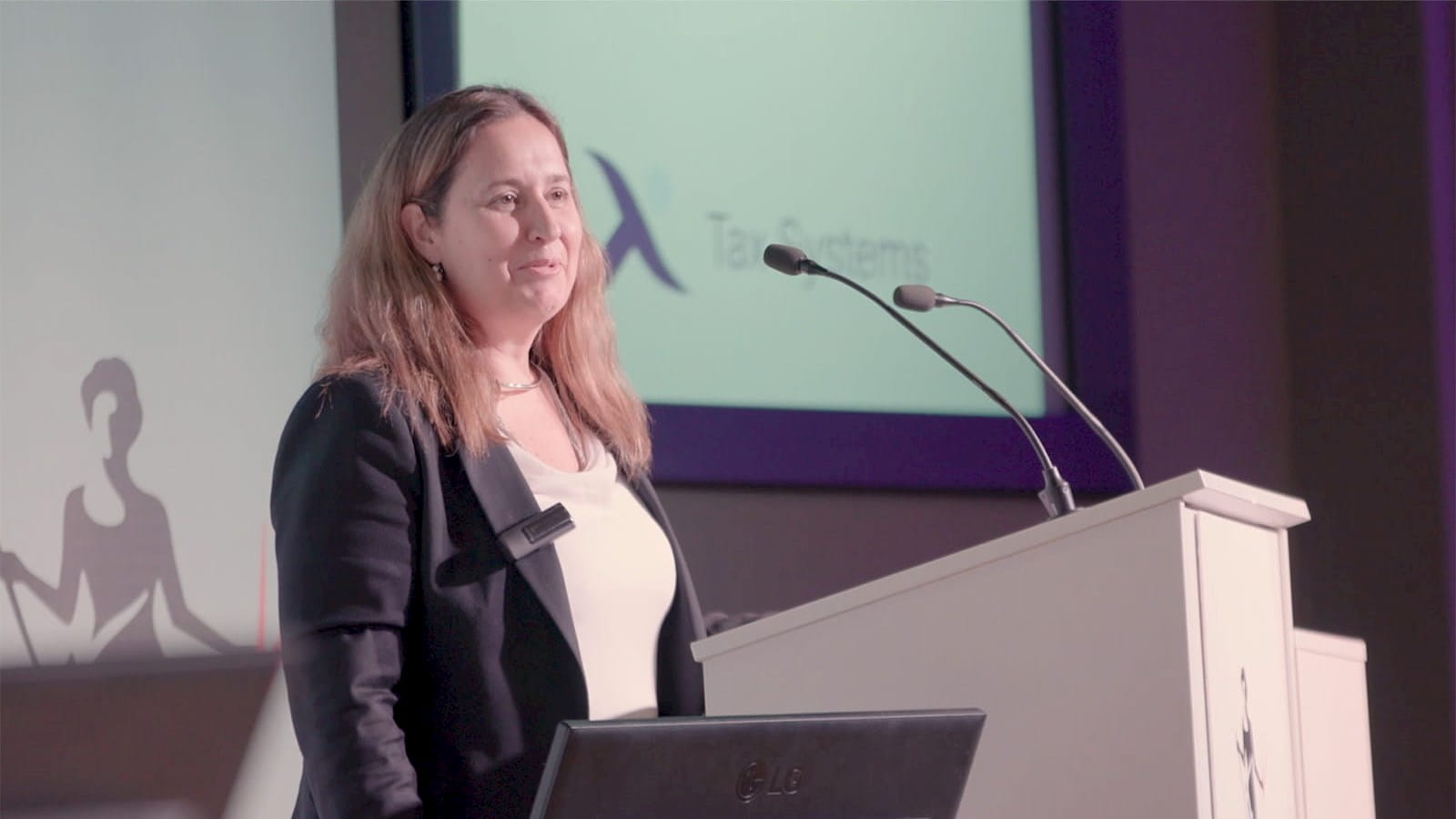ICAEW’s one-day VAT conference on 22 May considered the next challenges for VAT as it marks its half century. The Tax Faculty team shares the key messages emerging from the day and makes a call to action for the tax profession.
Keynote speakers, Jim Harra (below), First Permanent Secretary and Chief Executive, HMRC and Professor Rita de la Feria (above), Chair of Tax Law, University of Leeds, both highlighted the importance of VAT to the public sector finances, being the third biggest contributor to the Exchequer (or second if you consider income tax and NIC as a single tax on personal income). This is despite the UK’s relatively narrow VAT base.
They also highlighted the political challenges of reforming VAT: politicians have previously been stung by media-led backlashes to changes to the VAT base, even if unfounded. Jim Harra asked attendees if they had noticed that Jaffa cakes were cheaper than biscuits when shopping in the supermarket. Questions were asked about who benefits from the removal of the tampon tax and the zero-rating of solar panels. Is the VAT reduction passed on to the consumer, or do prices remain the same, benefitting the retailer?
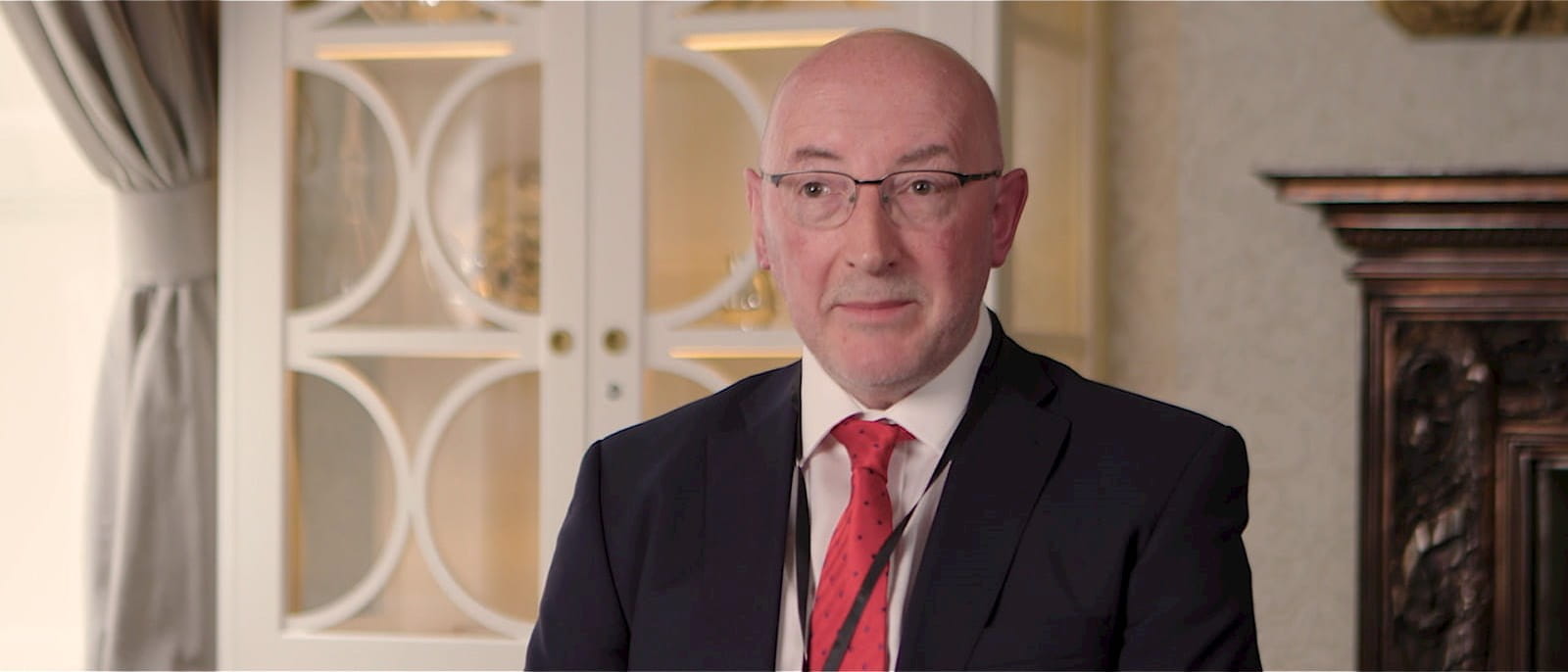
Technology is disrupting the business models upon which the tax was built. Governments are playing catch up. Throughout the day, the EU’s VAT in the Digital Age (ViDA) project received a lot of airtime – including its importance to UK businesses.
VAT developments in the platform economy
Damon Wright, Indirect Tax Director at Evelyn Partners highlighted that platforms are a great example of disruptive technology. They provide small businesses with a far bigger reach. Individually, those businesses may not need to be VAT registered, but collectively they would.
Platforms also hold a wealth of data about income flows to enable tax authorities to monitor tax compliance. Requirements for platform operators to collect and share information with tax authorities are starting to come into effect under the Organisation for Economic Co-operation and Development’s (OECD’s) Model Reporting Rules for Digital Platforms or DAC 7 in the EU.
But the EU also has another focus: it considers that there is €6bn of additional VAT revenue that could be collected each year by making platforms facilitating short-term accommodation and passenger transport the ‘deemed supplier’ for VAT purposes where the underlying provider is not liable to pay VAT. This is just one strand of the ViDA proposals, expected to apply from 1 January 2025.
Despite this aim, there are some fundamental questions, including:
- Is the timeframe realistic? The travel industry is already handling 2024 bookings and will be planning for 2025.
- Is there sufficient clarity over the definition of a platform?
- Who is liable for VAT if the reason for VAT not being charged by the underlying provider is non-compliance?
- How do the rules interact with the tour operators’ margin scheme (TOMS)?
- Who will bear the VAT cost? The consumer (in the form of higher prices), or the underlying provider (in the form of a reduced income)?
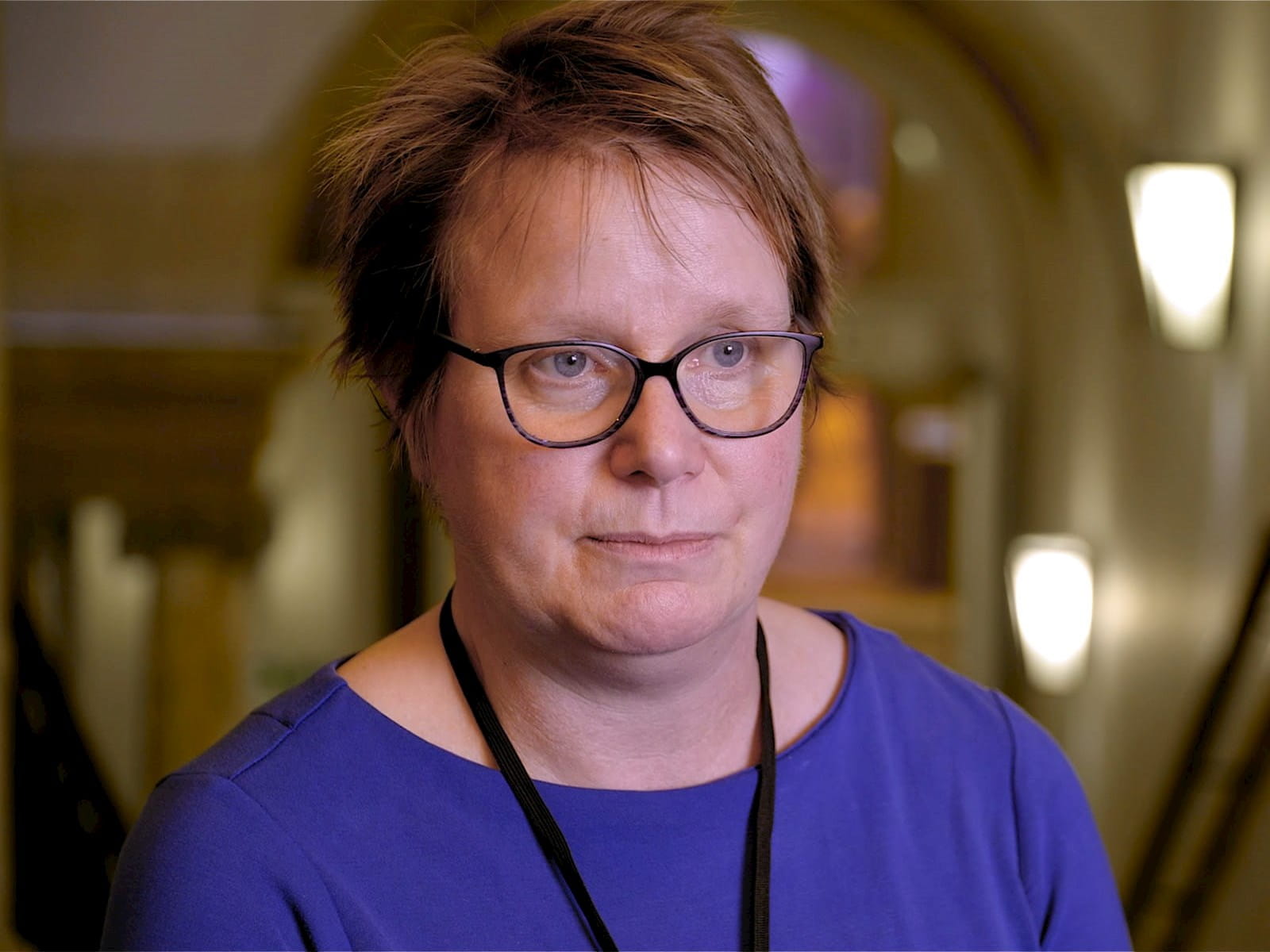
Green taxes now and in the future
The world of green taxes is certainly not simple, but then nothing is in tax it seems.
Ruth Corkin (above), Indirect Tax Principal, Hillier Hopkins, explained that the purpose of a green tax is to shape energy taxation for business and individuals, to encourage environmentally-friendly behaviour. The taxes do not generate a lot of revenue.
The taxes discussed were air passenger duty (APD) – noting that business class passengers pay a lower percentage of their fare in APD; landfill tax – although it has changed behaviour, there is a question about whether it creates more cost for councils in clearing up illegal dumping; plastic packaging tax – this seems to cost more for businesses to administer than the tax raised; the aggregates levy; and the climate change levy.
The session also touched upon the carbon border adjustment mechanism (CBAM), on which the government is currently consulting.
The overall conclusion was that:
- the number of green taxes will increase;
- how effective they will be remains to be seen; and
- any new green taxes should be agile to cope with change.
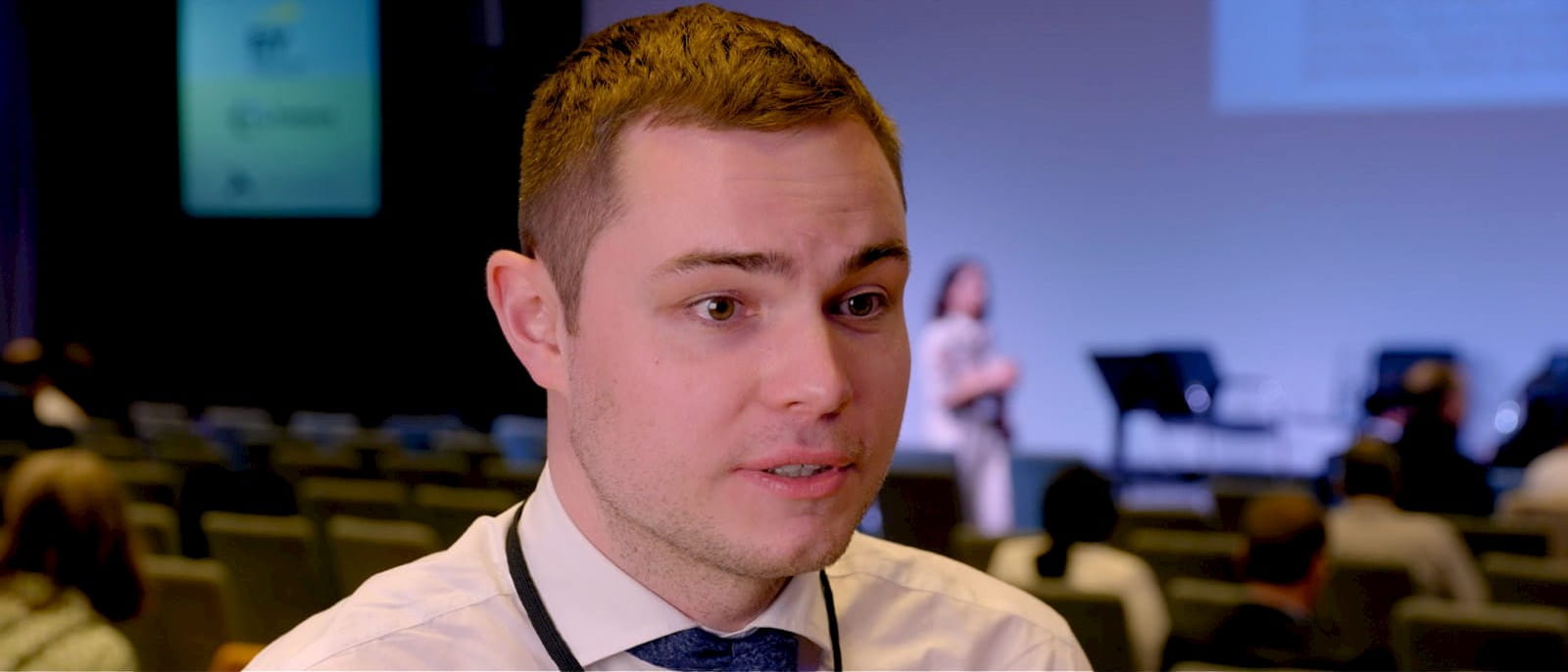
Emerging technologies
BDO’s Ishvinder Bedi and Aditi Hyett highlighted some of the issues and opportunities that emerging technologies present. VAT rules designed in the last century are being applied to novel and rapidly evolving technologies, which can strain legislative definitions and concepts. For instance, what is the boundary for a fintech company between making a technology supply and making a financial services supply? What type of supply is a crypto utility token? The answers are not clear based on current law.
Interactions in virtual spaces such as the metaverse open up potential complexities around place of supply and double taxation. Widespread adoption of technology to enable working from home and, increasingly, cross-border working may also require a rethink of tax rules on permanent establishments, for instance.
With technological advances like AI comes the potential for huge administrative and processing benefits. This may be used by HMRC to speed up its response time and help identify risks or errors. It may also help accountants with data analysis and reporting – something picked up on in other talks. However, in a future where use of AI by taxpayers and accountants is widespread, what might this mean for our current behaviour-based penalty system?
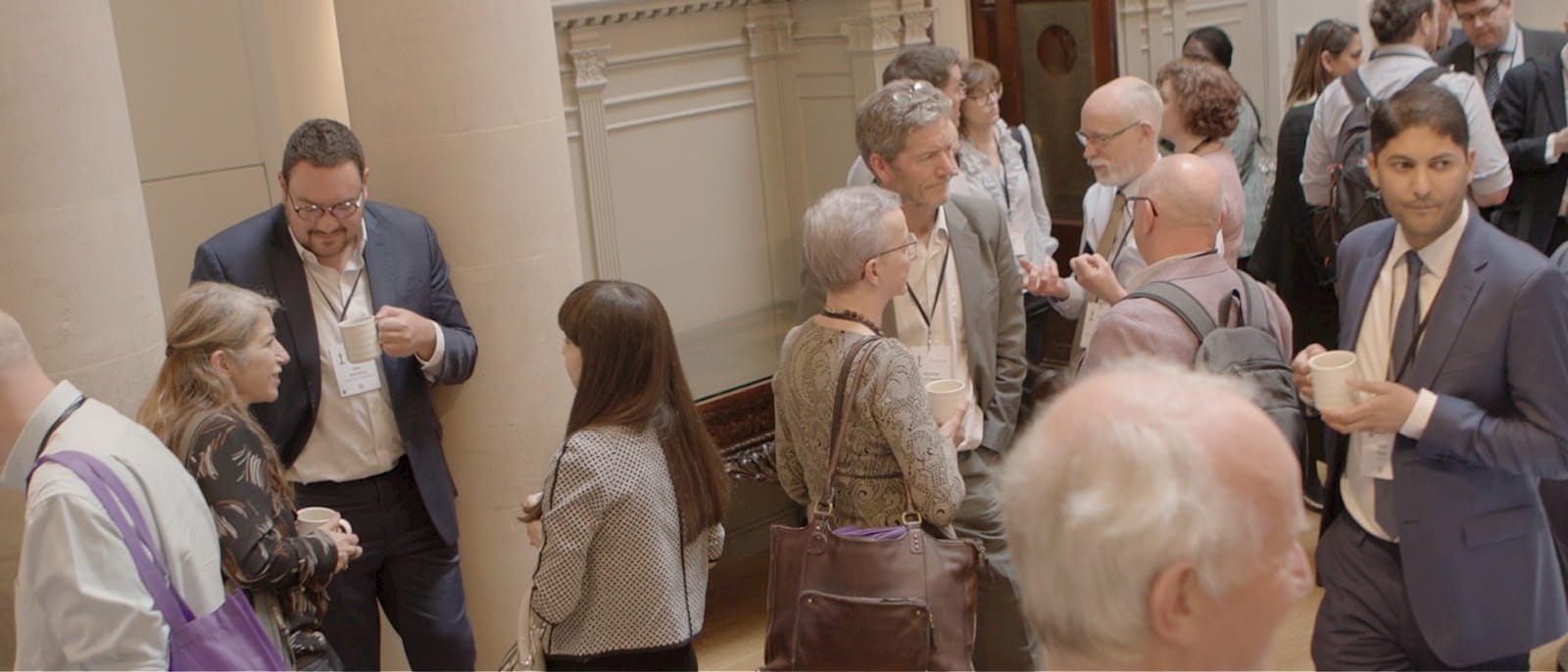
E-commerce
Liam Dushynsky, Indirect Tax Partner at PKF Francis Clark, looked at the development of e-commerce over the past 25 years and how VAT and customs duty regimes around the world have had to adapt to deal with the constantly evolving way in which business is conducted, both in a business-to-business and business-to-consumer context.
Starting with the birth of online sales in the late 1990s, which facilitated the proliferation of low-value cross-border transactions and working through to the dominance of digital market platforms and streaming services, the tax rules have been challenged to consider issues such as the place of supply of goods and services and the value of individual consignments.
Brexit has also provided an additional layer of complexity to transactions between UK consumers and businesses and their EU suppliers (and vice versa).
Dushynsky shared a salutary tale about buying a wedding gift from a German-based company and the VAT and customs savings that can be achieved by splitting an order into multiple lower value transactions.
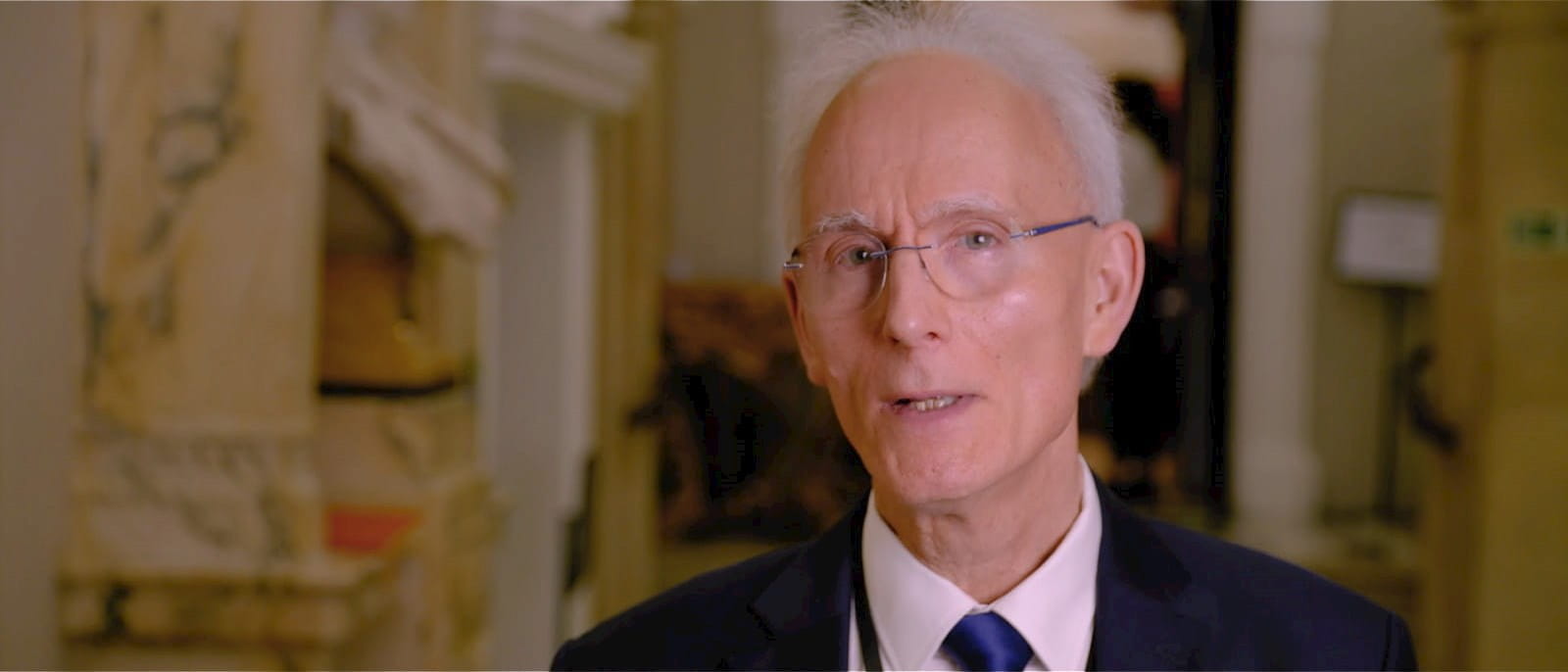
Changing the narrative and driving the debate
When Anthony Barber announced the introduction of VAT in his 1972 Budget speech, he said: “From the point of view of industry and commerce, it will be at least as simple to operate as in any of the eight European countries that now have a VAT, and much simpler than in most of those countries.”
However, the UK VAT regime has grown piecemeal, with little strategic oversight. It needs bringing into the 21st century to keep up with advances in technology and the economy.
Public perception, driven by the media, has stifled some opportunities for simplification. Is it time for the tax profession to work together to change the narrative to simplify VAT and drive business growth?
